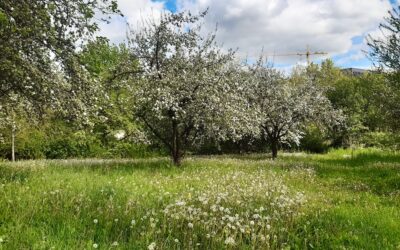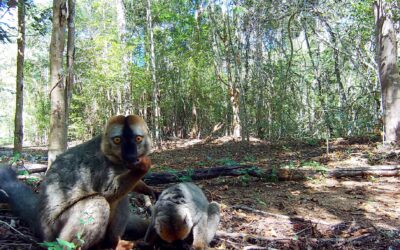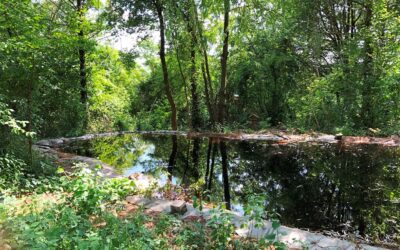Protection of the Kirindy Forest
In western Madagascar, we support the protection of the unique Kirindy dry forest within the Menabe-Antimena Protected Area.
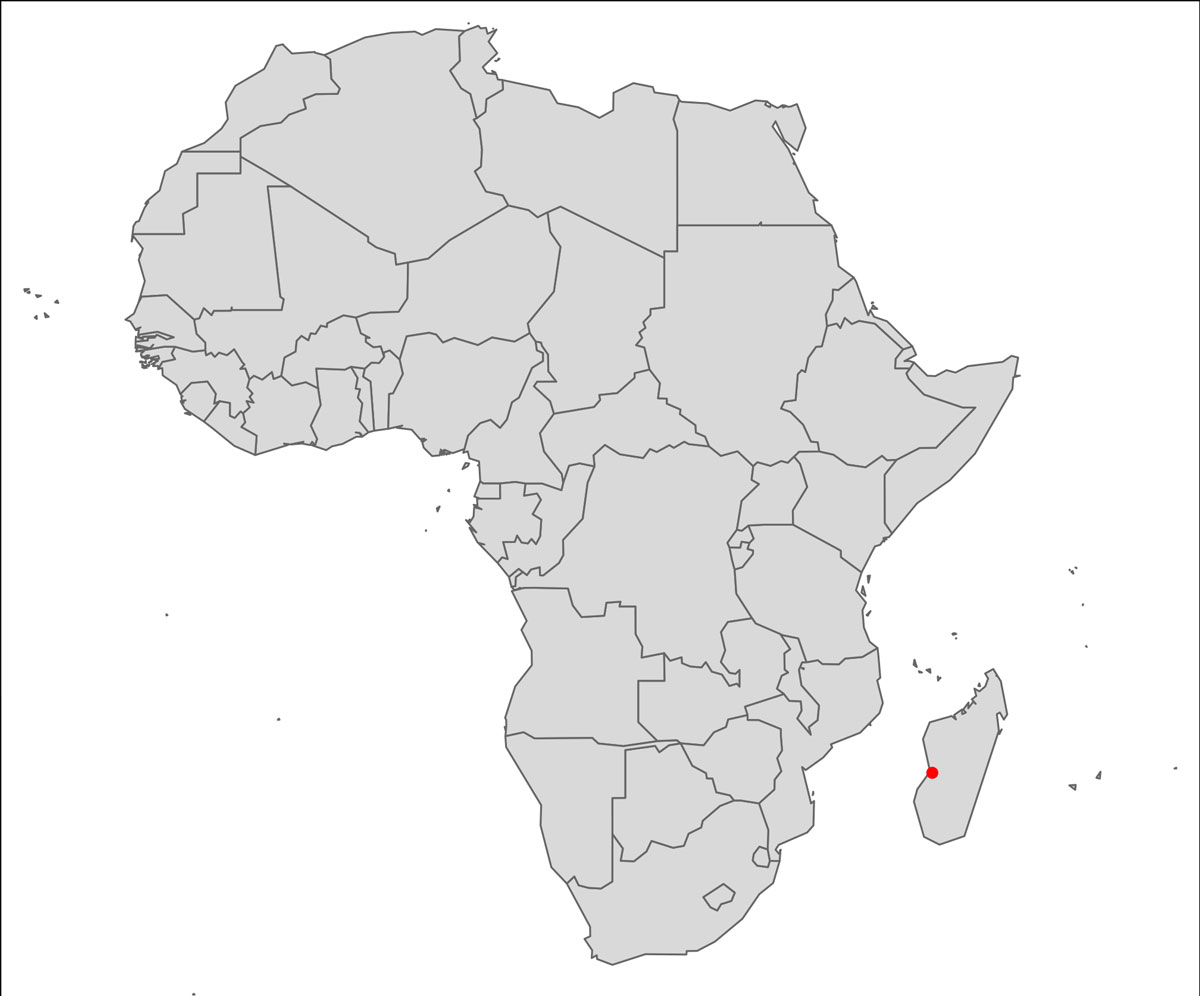
Kirindy, Menabe Antimena Protected Area, Madagascar
community-based patrollings are carried out per month
Trees on 45.5 hectares have already been planted
About the project
Protection of the Kirindy Forest
The greatest human impact on nature in the region is slash-and-burn agriculture for the so-called shifting cultivation method in order to plant corn or peanuts. The freshly burned soil initially has a lot of nutrients. However, these are quickly used up, so that a new field has to be cleared after only 2-3 years. The intensity of slash-and-burn already has an impact on the climate in the region. Without an alternative for shifting cultivation, the forest and the animals of the region will not be able to survive in the long term.
Charcoal burning and the use of wood and charcoal for daily food preparation, illegal logging and hunting of endangered animals are also problematic. The people in the Menabe region still live to a large extent from forest products. Without sustainable management and alternatives, the local population will find it even more difficult to survive in the region in the long term.
By working with local communities for a more sustainable future and supporting rangers, research and education, we aim to do our bit to preserve the special qualities of this area for future generations.
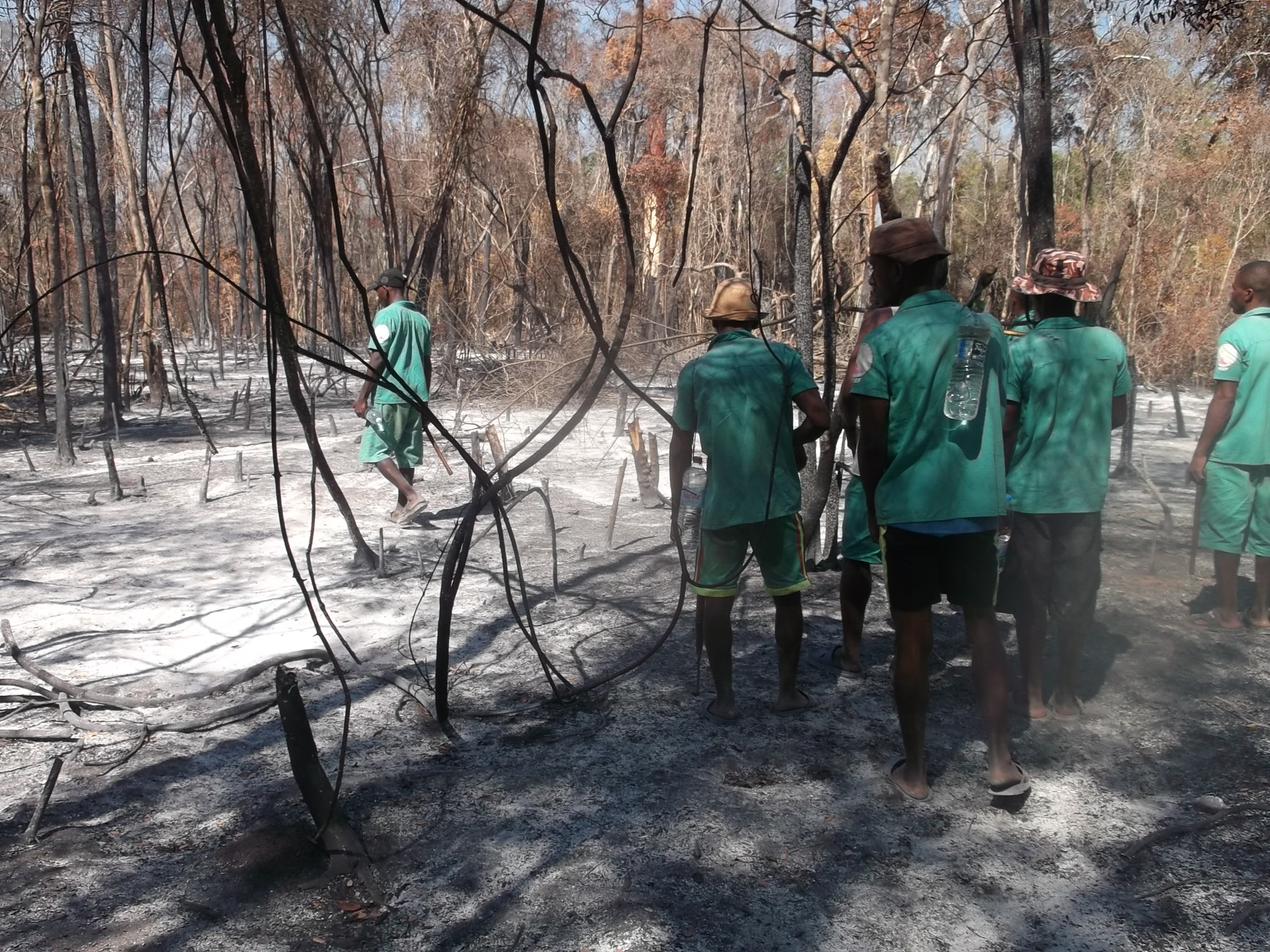
Control in Kirindy Forest. The control team inspects a recently burned area in Kirindy forest.
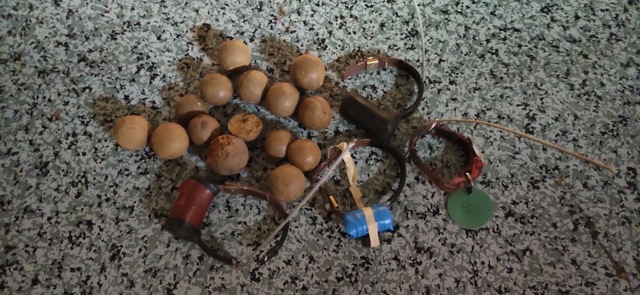
Confiscated projectiles for hunting and collars of hunted lemurs.
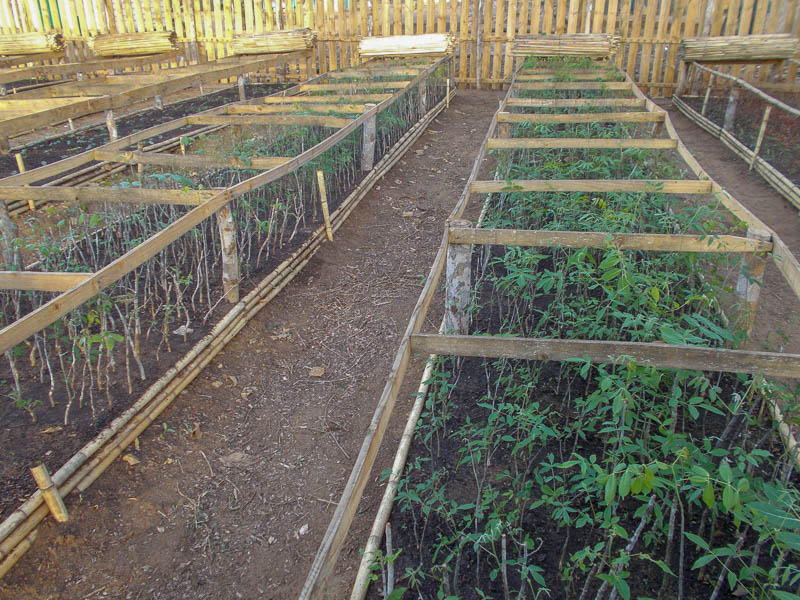
The tree nursery of the Centre National de Formation et Recherche en Environment et Forestier (CNFEREF) in the municipality of Marofandilia.
Support us
Support the protection of the Kirindy Forest
With 30 € you finance for example a control by local rangers.
Area controls
Community-based controls of the Kirindy Forest are intended to minimize threats to the ecosystem. In order to plan the controls as effectively as possible, a smartphone app is used to record and evaluate current data on cleared areas or destroyed forest areas.
Reforestation & Restoration
Together with our local partners, we restore cleared areas of forest. Local and indigenous tree species are used.
Double benefit
Energy-saving stoves
Energy-saving stoves use up to 2/3 less wood or charcoal and thus reduce the pressure on the forest. In addition, they produce less harmful gases when burned, thus improving the health of families.
Chicken Farm
We support families in raising chickens as an alternative to hunting wild animals such as lemurs and tenrecs. The sale of chicken meat and eggs can at the same time provide an additional source of income.
Partners & Supporters
The projects are funded by:
Affenberg Salem
Biodiversity Conservation Madagascar (BCM)
Fondation Yves Rocher
La Forêt de Singes
La Montagne de Singes
Little Sun Foundation
Nds. Bingo Environmental Foundation
Tierpark Berlin
Trentham Monkey Forest
Marlow Bird Park
Zoo Ausgburg
Zoo Berlin
The projects will be implemented jointly with:
Local communities
Centre National de Formation et Recherche en Environment et Foresterie (CNFEREF)
DPZ Madagascar
Don’t Miss
News
We inform about news in our blog and on Facebook.
New research initiatives in our biotope project
For a good year now, the biotope renaturation on the grounds of the German Primate Center has been running with our support and we are very pleased that the first research work could already take place on site: students from the University of Göttingen investigated...
How efficient is the reforestation? Study on restoring destroyed forest areas in Kirindy
Every year, fires threaten and destroy the remaining natural habitats of Madagascar. Our project area in the Kirindy Forest is also acutely threatened by this. Due to slash-and-burn agriculture, deforestation in the region has steadily increased since 2010 and reached...
Mission on our doorstep: our biotope project in Göttingen
At the beginning of the year, we were very happy about the start of our first nature conservation project in Germany: since then, we have been supporting the renaturation of a biotope for native flora and fauna on the grounds of the German Primate Center in Göttingen....

